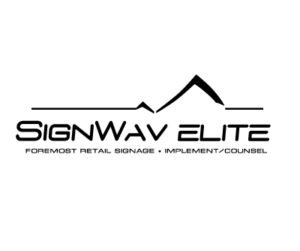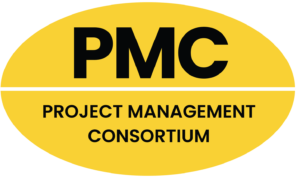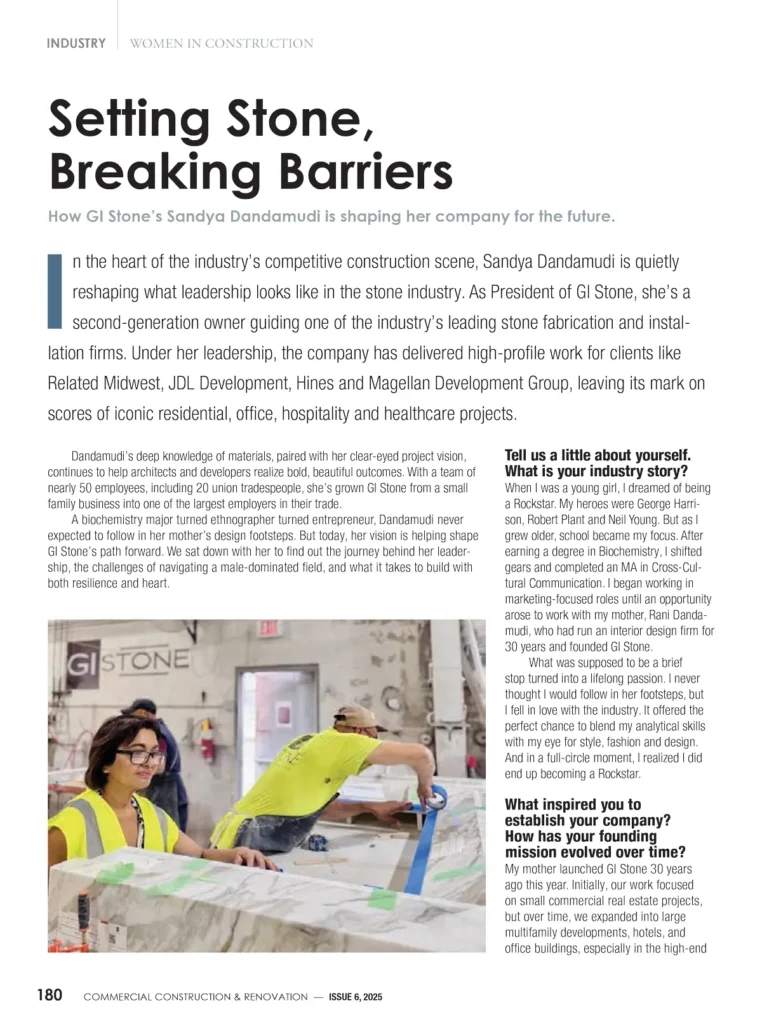One of the major issues that any construction company faces is managing its resources for improved efficiency. Managing resources manually is a very hectic tasks and involves too much workforce.
To tackle such kind of problems, integrating ERP software for construction can prove to be beneficial for you.
So, here we will provide you with the major benefits of ERP software in construction industry. We will also tell you how any construction company can implement ERP to handle its day-to-day processes.
Major Advantages Of Using ERP Software In Construction Industry
There are numerous benefits that any construction company can avail of by integrating ERP software in its processes. These are:
Improved Project Planning and Scheduling
ERP software helps create realistic project plans and schedules. It considers resource availability, budgets, project timelines and dependencies between activities. Managers can track project progress closely to prevent delays. They can also adjust plans rapidly if requirements change.
ERP also enables effective collaboration between teams when planning large, complex projects. All stakeholders can view plan updates in real-time.
Better Cost Control and Budgeting
Construction projects often go over budget due to inaccurate cost estimations and lack of cost control. ERP tools optimize budgeting by analyzing past cost data and tracking actual spending.
Managers can compare estimated costs to actuals and identify potential overruns early. The software also ensures complete capture of costs to avoid leakage. Tight integration between finance and project management modules improves cost control.
Efficient Resource Management
ERP systems give complete visibility into resource utilization across projects. This allows for optimized allocation of labor, materials, and equipment.
Managers can track material inventories, prevent shortages, reduce waste, and order just in time. Subcontractors can be managed efficiently using the software. Optimized resource planning enables significant cost reductions.
Improved Risk Management
ERP tools perform risk analysis during project planning stages. Potential issues like delayed material deliveries, inadequate manpower or cost overruns can be identified and mitigated proactively.
The software can also track emerging risks during execution like accidents, quality deviations, etc. Corrective actions can be taken immediately to prevent escalation. ERP enables a proactive approach to managing risks.
Better Collaboration and Communication
ERP improves collaboration in construction projects by allowing all stakeholders – clients, contractors, subcontractors, architects, etc. to access the same information in real-time. The unified database presents a single source of truth, preventing miscommunications.
Work progress and site conditions can be updated instantly. Any delays or changes are immediately visible to all parties, enabling faster decision-making. ERP enhances transparency and collaboration.
Analytics and Insights
ERP software generates data-driven insights using techniques like BI, predictive analytics, etc. Historical data can be used to forecast future performance. Trends and patterns provide actionable insights to managers.
Analytics help assess subcontractor performance, profitability across projects, equipment utilization and other KPIs. Managers can track metrics to measure improvement. Data-driven decision making maximizes profitability.
Integration and Information Flow
ERP systems integrate processes, data and reporting across departments onto a single platform. This eliminates siloed systems, manual data entry and reporting. Automated workflows improve information flow between teams.
Seamless information sharing ensures activities are coordinated. For example, material delivery dates from vendors automatically update project schedules. Such integration reduces delays and costs.
Mobility and Accessibility
ERP software allows access to project information from anywhere using mobile apps and web portals. Project managers can view schedules, and progress reports and submit approvals on the go. Engineers can update issues from the site using their smartphones. Mobility enables faster decision-making.
Data security features like role-based access and VPN ensure only authorized personnel can view sensitive data. Information accessibility aids collaboration and productivity.
Competitive Advantage
ERP systems provide embedded industry best practices that reflect regulatory compliance and standards. They incorporate proven methodologies, processes and features specific to construction management.
Adoption of such systems makes construction firms more organized, efficient and competitive. It shows prospects and clients they follow best practices and have operational excellence. This provides significant reputational advantages.
ERP Software Modules for Construction
Some important ERP software modules used extensively in construction firms include:
- Project Planning – Create WBS, activity lists, schedules, interdependencies, budgets, resource allocation
- Costing – Develop estimates, track actual costs, control budgets, analyze variances
- Procurement – Vendor management, purchase orders, material planning, inventory control
- Risk Management – Risk analysis, assessment, response planning and tracking
- Analytics – Performance dashboards, KPI tracking, profitability reporting, forecasting
- Document Control – Manage project documents like drawings, contracts, RFIs, submittals
- Project Accounting – AR/AP, tax management, PO and invoice reconciliation, revenue recognition, job costing
- HR Management – Recruitment, onboarding, timesheets, leave management, employee databases
What are the benefits of an ERP system for a small construction company?
For small construction firms, ERP improves project planning, budgets, cost controls, inventory management, HR tasks, accounting and collaboration. Cloud-based ERP is affordable for small businesses.
What features should I look for in construction ERP software?
Whether you are looking for construction ERP software, online school management system, or any other ERP program, the major things you should look for are project scheduling, cost estimation, budgeting, document control, payments, and accounting features.
Is ERP software expensive to implement for construction company?
Upfront costs of on-premise ERP can be high. But with cloud ERP models, costs are spread over time as periodic subscriptions, making it affordable for small firms. Rapid implementation and better ROI makes cloud ERP cost effective.
How can ERP software help improve productivity?
ERP improves productivity by eliminating redundant data entries and paperwork. Automated processes reduce manual efforts. Features like mobility, workflows and analytics also optimize productivity. ERP enhances resource utilization and collaboration which drive productivity gains.
Is ERP required for construction accounting?
While ERP software is very useful, it is not required for basic accounting in construction firms. Standalone accounting software can be used too. But ERP provides seamless integration between accounting and other business processes, providing deeper insights.
Conclusion
ERP systems provide integrated management of all core business processes in construction firms – from project planning to cost controls to HR management. Adoption of ERP software has many benefits including improved efficiency, faster information flow, data-driven insights and better collaboration.
Cloud-based ERP solutions are scalable and affordable for small to mid-sized construction companies. Leading solutions cater specifically to the construction industry with relevant features and best practices built-in. This gives firms an edge over competitors. Construction companies should strongly consider implementing ERP to maximize growth and profitability.




































